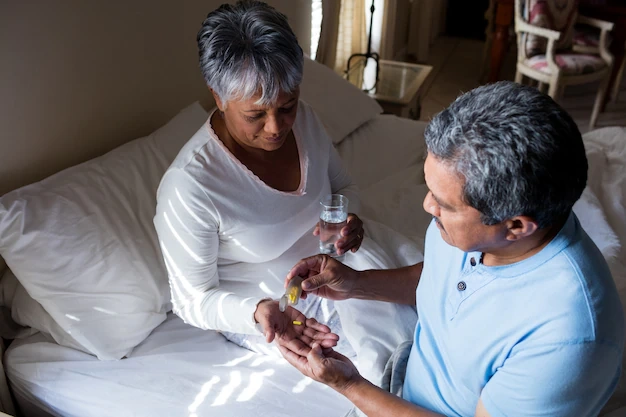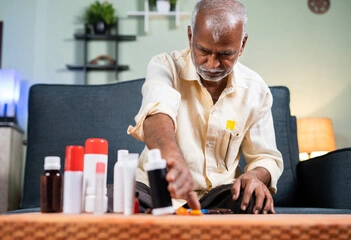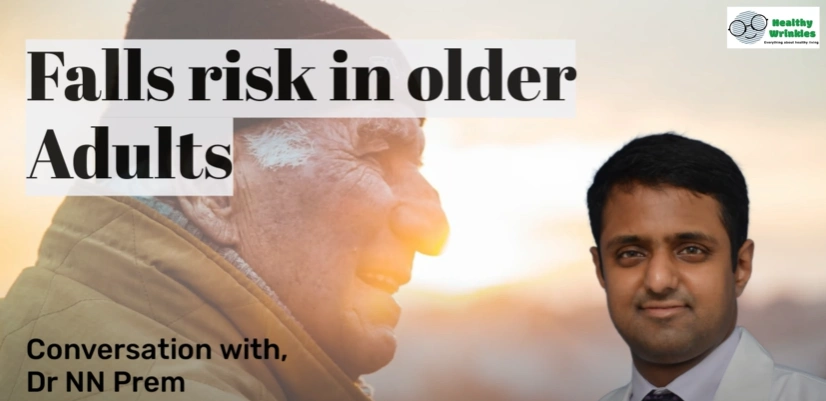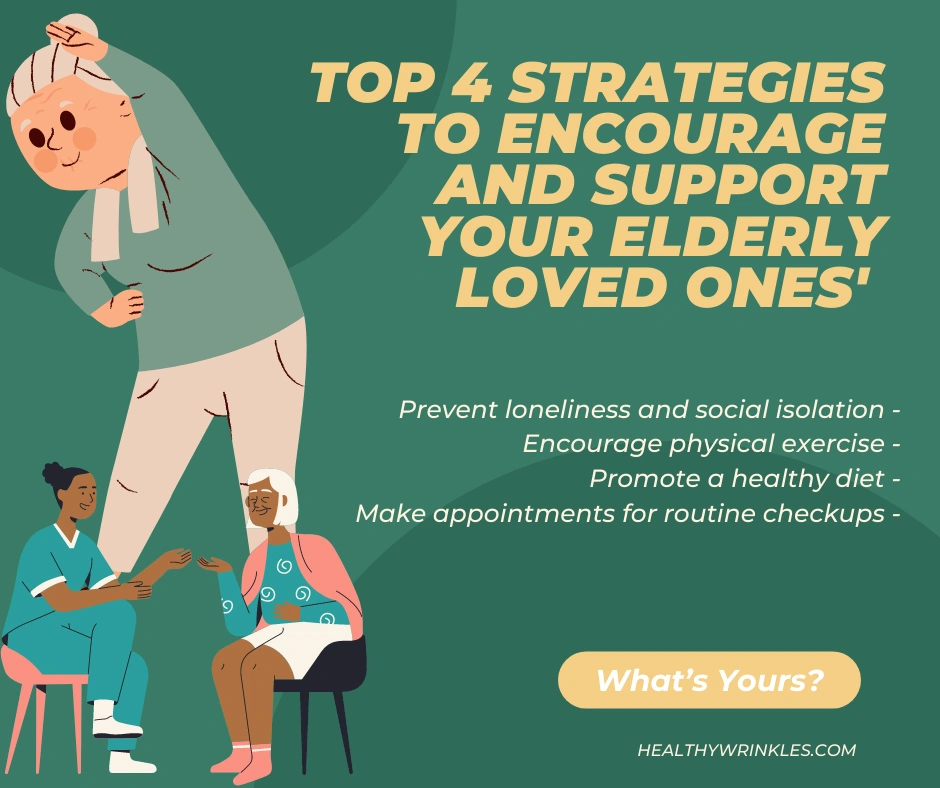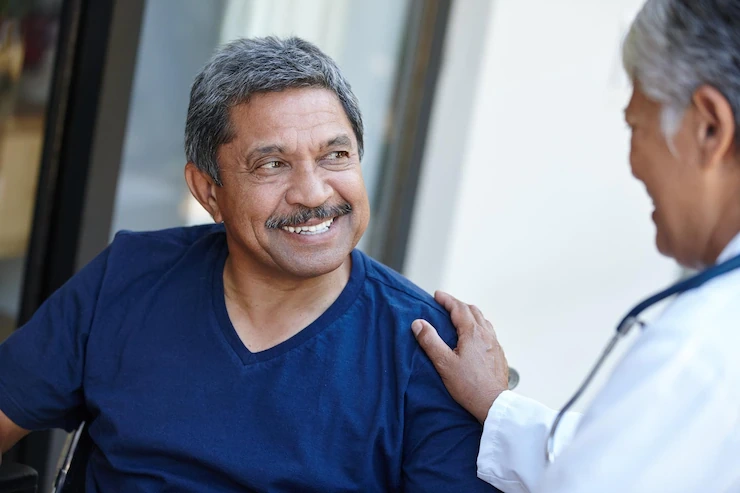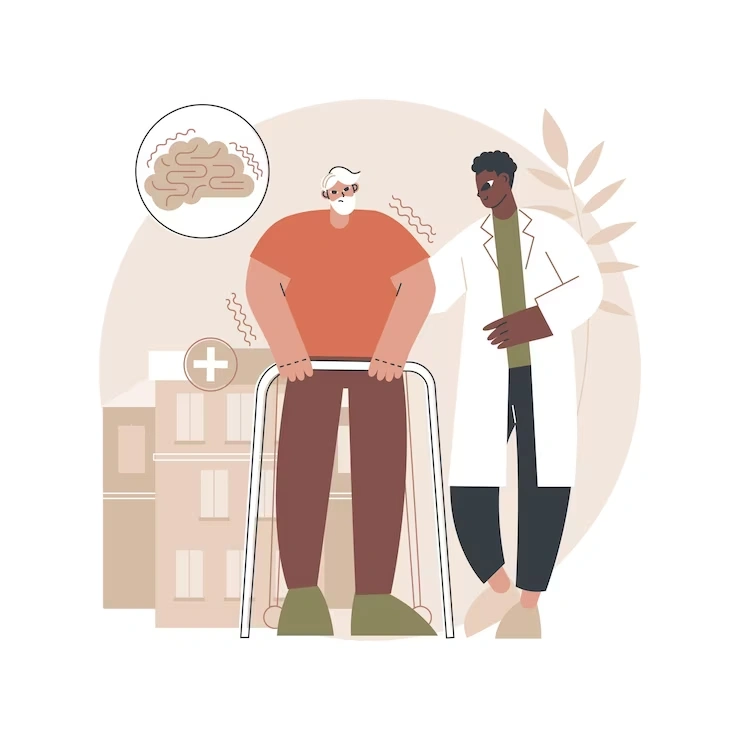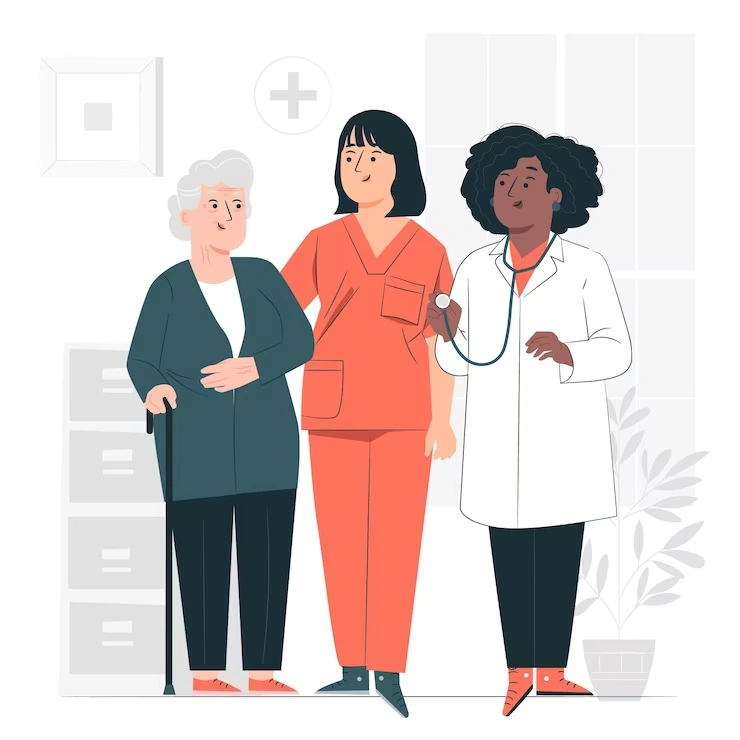My Personal Caregiving Journey for My Parents: Challenges and How I Navigated Them An article by Harika Sachdev a Grief and Caregiver Coach
Assistance with one or more activities of daily living, such as getting dressed, bathing, paying bills, shopping, and driving, might be included in caregiving. It could consist of assistance in managing a chronic illness or disability and emotional support.
In addition to paid caregivers, family members and friends can also provide unpaid care. Numerous aspects of the caregiver's life, such as their capacity to work, interact with others, and maintain good physical and mental health, can be impacted by providing care.
The complicated stress that accompanies providing long-term care for a family member or loved one is known as caregiver burden.
Rarely, caregiver burden is addressed.
Embarking on a caregiving journey for ageing or ailing parents is filled with both challenges and profound rewards. In this heartfelt article, our experienced grief and caregiver coach shares their personal story, offering insights and practical advice from their own caregiving experience. Discover how they navigated the emotional and logistical hurdles, providing invaluable support to their parents.
Caregiving for a loved one is one of life's most challenging experiences, yet it's a journey many of us will face. For me, this journey began at the age of 27 when my mother was diagnosed with the rare and devastating Creutzfeldt-Jakob Disease (CJD). Watching her rapidly decline from insomnia and hallucinations to a comatose state was heart-wrenching.
We had been informed by her doctors that there was no possible cure. She had virtually no brain activity, though her body was anatomically functioning. We were feeding her artificially through a tube. We as a family had to make the agonizing decision to withdraw active medical treatment. At some point, my father had begun to collapse emotionally and I had to step forward not only as the primary caregiver but also as the person to lead the family into making very hard decisions.
We could have allowed my mother to remain in this vegetative state for months, potentially. We chose to stop the artificial feed. Executing that decision and following through with the implementation process to honour her dignity was excruciatingly painful. For all the conviction that we chose the ethically humane path, feelings of guilt still linger to this day - "Did we do right by her?"
Being thrust into the caregiver role for my mother was entirely uncharted territory. There were no prior experiences to draw from and no caregiving resources available like there are today. I had to rely solely on my instincts to navigate each devastating turn. The isolation of not having anyone to confer with or sources to cross-check made everything that much more difficult.
Yes, there was family, but they too were struggling. I ultimately made the decision to leave my job in order to become her full-time caregiver, as I didn't want to miss a single precious moment with her knowing our time was limited.
Little did I know that over two decades later, I would find myself as the principal caregiver for my father as well. In 2018, he was diagnosed with vascular Parkinson's disease, and over the next four years, I witnessed his physical and mental faculties progressively decline. Balancing and mobility became difficult, resulting in falls that caused head and facial injuries. His memory faded, leaving him in a confused state.
Simple tasks like eating and swallowing became enormously challenging as the muscles around his neck area lost functioning.
Between caring for my mother in her final months and then my father for four years, I experienced the tremendous challenges caregivers face on a daily basis:
Emotional strain: Watching loved ones deteriorate is gut-wrenching. I had to find ways to process the grief while still being present for them.
Physical demands: Caregiving involves physical tasks like lifting, bathing, and transferring – duties that took a toll on my body over time.
Mental exhaustion: The constant worry and decision-making required for caregiving can be utterly draining mentally.
Financial burden: Caregiving costs like medical supplies, professional care, and missed work added financial stress.
As a caregiver for my father, I took on managing every aspect of his care - keeping detailed medical records, planning medications, operating medical equipment to aid his movement, and trying to preserve his dignity amid it all. The frequent hospital visits and stretches with in-home ICU care were gruelling physical and emotional marathons.
Ultimately in August 2022, our family had to make the heartbreaking but loving decision to withdraw active medical treatment to uphold his wishes for a dignified farewell. After the experience with my mother, we all as a family had discussed and laid down our wishes as living wills in case something similar were to happen to any of us.
To navigate these immense challenges over the years, I had to get creative and lean heavily on my support system:
● Self-care routines like meditation and spending time outdoors helped me recharge.
● Seeking professional grief counselling allowed me to process difficult emotions.
● Building a network of friends who could provide respite care gave me occasional breaks.
● Researching resources and tapping into local caregiving support services provided guidance.
While the caregiving road is undoubtedly difficult, it's also an incredible act of love. I'm forever grateful that I could be there for my parents during their final chapters, honouring them with compassionate care. While the caregiver's path is difficult, it teaches irreplaceable lessons about love, patience, resilience and what truly matters in this life. I hope my journey can shed some light and provide solace for others facing similar hardships.
For any caregiver feeling overwhelmed, please know you don't have to go it alone. Reach out for support, prioritize self-care, and remember that your role is a brave labour of love.
References:
1. https://www.cdc.gov/aging/caregiving/caregiver-brief.html
2. Liu Z, Heffernan C, Tan J. Caregiver burden: A concept analysis. International journal of nursing sciences. 2020 Oct 10;7(4):438-45.
About The Author:
This article is written by Harika Sachdev. Harika Sachdev is a compassionate grief and caregiver coach with over a decade of experience in people development and personal growth. She is skilled in hypnotherapy and regression therapy, bringing a unique, holistic approach to her coaching. As a certified caregiver coach, Harika provides empathetic support and practical guidance to individuals navigating the complexities of caregiving and grief, helping them find resilience and strength in their journeys.
Healthy Wrinkles is devoted to better healthcare for senior citizens. We hope that our Healthy Wrinkles YouTube channel, blogs and healthcare service databases will help seniors and their families to ensure better senior care.
To learn more about elderly care or how to care for elderly at home, visit our Information section to search through expert-written blogs and videos by health experts.
To learn about home care assistance for seniors, check out our home care services.
We hope that you found this article helpful. Feel free to add your comments to this article.
Are you looking for nursing or caregiving services for your senior family members? Check out our nursing bureaus section. Are you interested in getting in touch with experts in senior care, and senior care homes? Send us a message or call us on our WhatsApp number 099679 13884. You can call us at 099679 13884 to get information or estimate about any senior care service free of cost.
You can also write to us at support@healthywrinkles.com.
Disclaimer: Healthy Wrinkles does not recommend or offer any medical diagnosis, treatment, or advice. The information provided here is only for the awareness of disease or ailment among individuals, caregivers, and the public. The advice of doctors, licensed professionals, or therapists who are knowledgeable about your particular situation should always be sought before using the information provided here. It should also not be used in the event of a medical emergency or for the diagnosis or treatment of any medical condition. If you want urgent assistance, contact a qualified medical professional.



